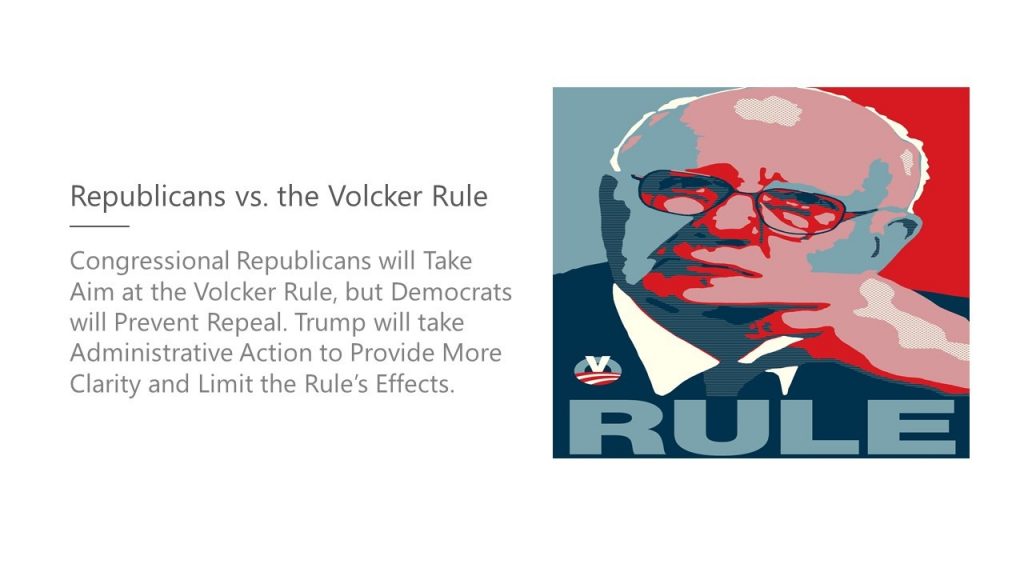Volcker Rule Repeal – Why 30 May is a Day Which Will Live in Infamy

Volcker Rule Repeal – Why 30 May is a Day Which Will Live in Infamy
Major changes are being quietly enacted. These changes threaten to accelerate what is already the biggest wealth transfer in history. This is a transfer in recent decades of wealth from the 99% to the 1%.
Here are some examples of the changes which are being implemented with little attention from the main stream media.
The Volcker Rule is being repealed. The Volcker Rule was enacted after the 2008 housing market crash and stock market crash as part of the 2010 Dodd-Frank Act. Recognizing that a big factor in the crash was risky investments that banks made with depositor’s funds which turned into losses, the Volcker Rule prevented big banks from such risky investments. Now, banks will have freedom again to take risks big enough for the banks to fail.
Months from now, there’s likely to be a crash. Suddenly, the media will be asking “How did this happen?” Eventually, historians will look back to 30 May as a critical link in the chain. This historians will recognize that day as a day which will live in infamy.
Another example of eroding protection for bank depositors is by redefining how big is “too big to fail.” All big banks (>$50B) were required to hold some funds in reserve. This limit is being moved to only the biggest banks (>$250B). More big banks will be able to enrich themselves while putting their depositors in peril.
Here’s another one. Wall Street banks will generally get exemptions. These banks will have the ability to hold less reserves and risk more. Again, this will give them bigger profits until they lose the funds which belonged to depositors.
Also, banks will have more freedom to make mortgage loans with higher risk profiles and less reporting . This allows banks to return to many of the same lending practices which caused the mortgage meltdown in 2008.
Let’s not forget about the attack on the Consumer Financial Protection Bureau (CFPB). The CFPB is now being restricted from its ability to protect consumers. For example, the CFPB is stripped of its power to write major rules regulating consumer financial companies.
These are just a few examples of malfeasance being practiced by those entrusted to protect the 99%. Taken all together, one must wonder if this is all a deliberate attempt to engineer a crash. These historical changes are occurring with the public noticing because the media is keeping everyone entertained with distractions.
Nonetheless, people find information from other sources. Each day, more people are becoming aware of how unsafe their funds are which they have deposited in banks. As this awareness grows, people are looking for ways to safeguard their wealth, such as in cryptocurrencies.
Thanks For Reading!